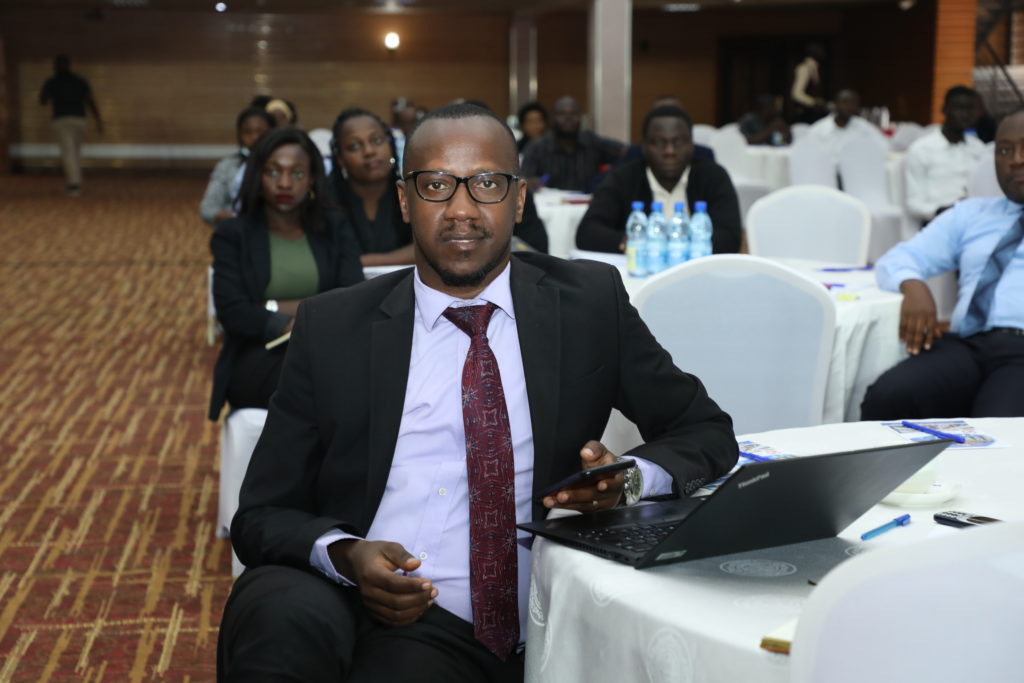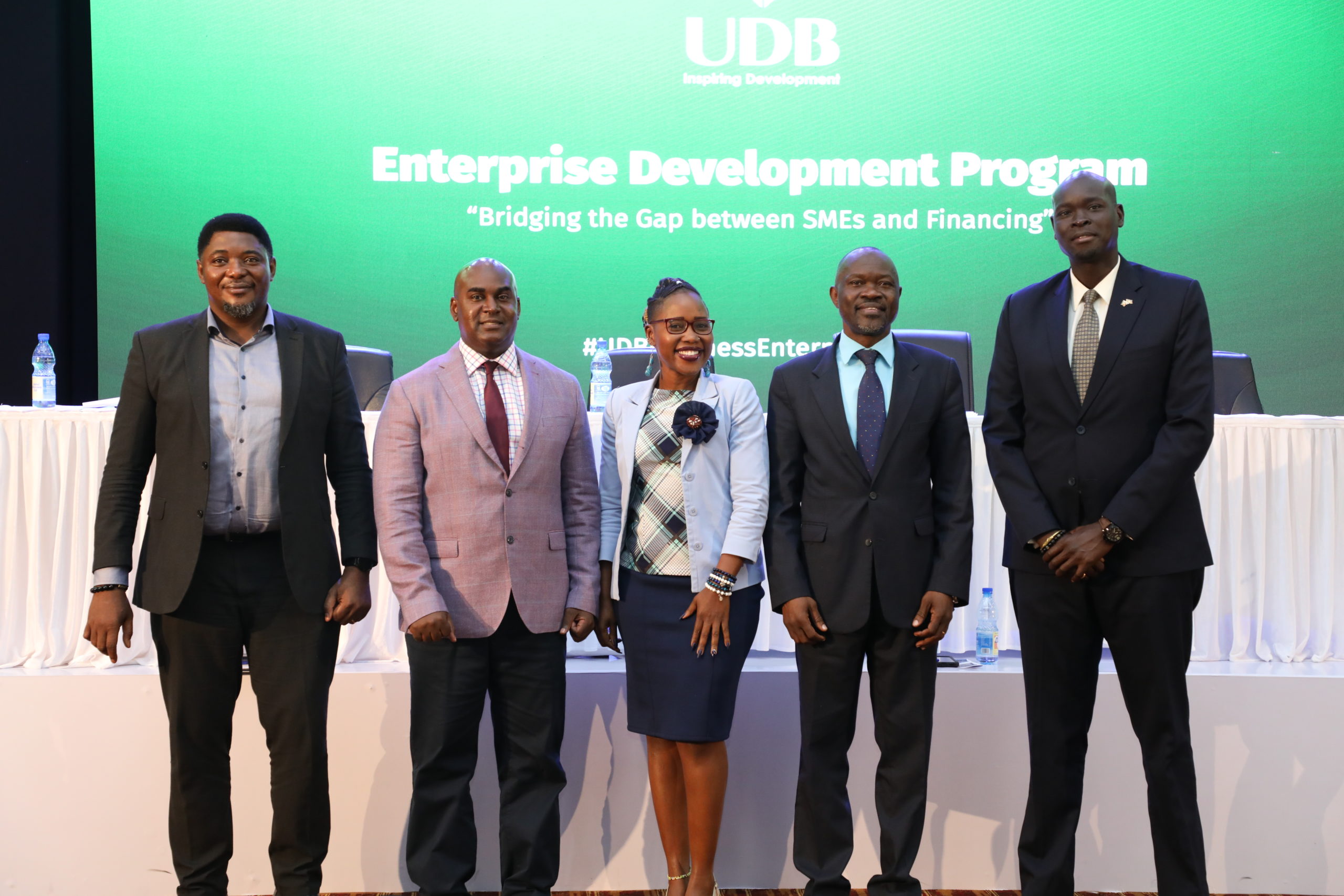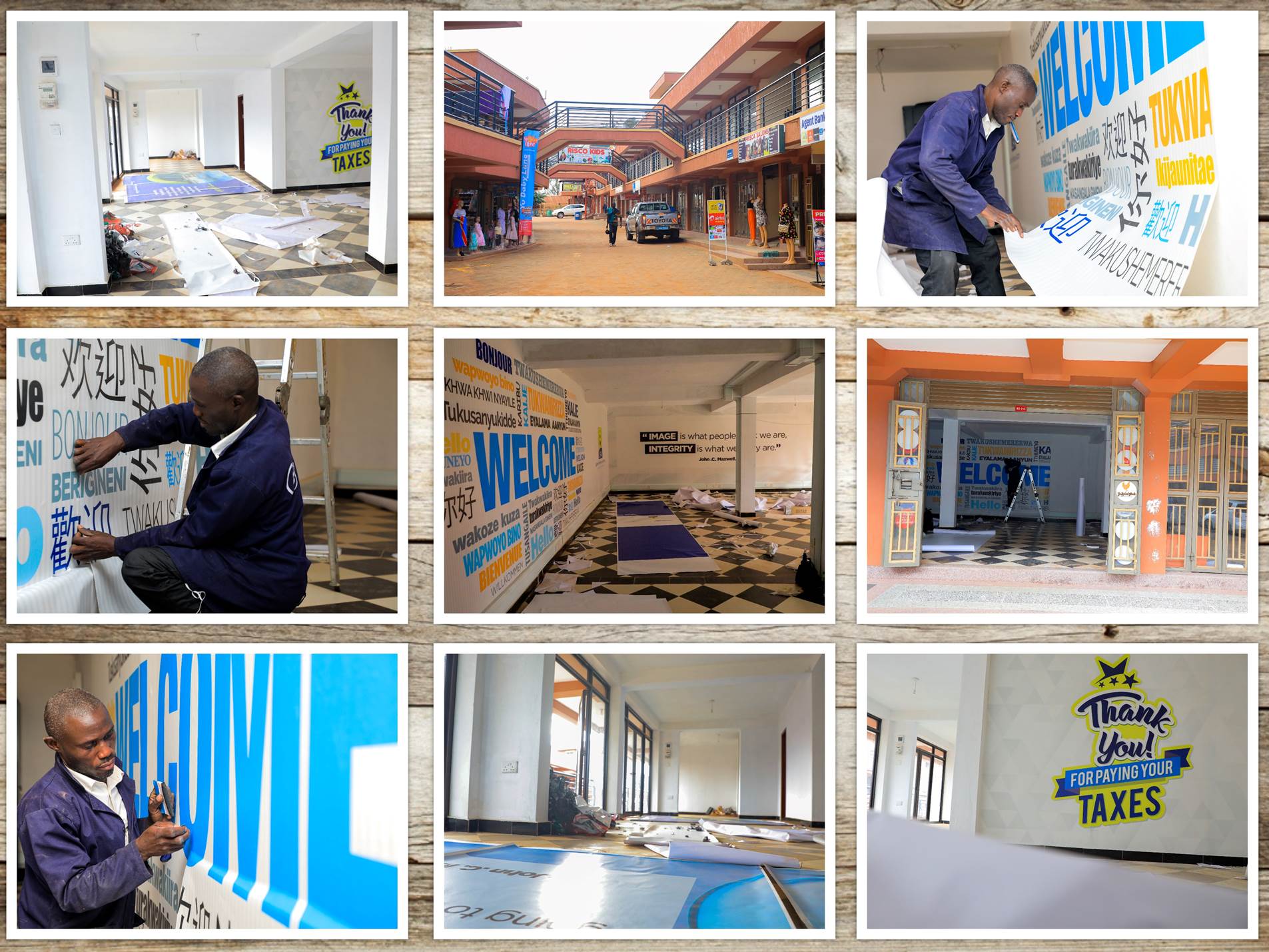By Taxman Writer
Small and Medium Enterprises (SMEs) are set to enhance business practices through the enterprise development programme. This initiative was launched recently at Hotel Africana by Uganda Development Bank (UDB), in partnership with Uganda Revenue Authority (URA), Uganda Registration Services Bureau (URSB), Uganda National Bureau of Standards (UNBS), and the Ministry of Trade, Tourism and Industry.
The Government Agencies and Ministry are aiming at bridging the gap between SME’s and financing by offering a series of trainings towards building business survival and resilience as well as supporting entrepreneurs to appreciate the value of operating businesses professionally for long-term profitability and sustainability.
Sam Edem Maitum, the Director credit at UDB, said that most SMEs encounter hurdles in acquiring finances because majority are informal and unstructured. He added that inadequacies in management, governance, record keeping, non-compliance in taxes and inefficient business planning disadvantage the sector further.
“This training will end such challenges because one will be empowered to build business sustainability capacity and enhance skills in access to a seamless credit application process for entrepreneurs,” explained Maitum.
Ibrahim K. Bbossa, the Assistant Commissioner Public & Corporate Affairs said that partnerships with agencies such as UDB facilitate capacity building and skilling to grow the SMEs sector, which currently contributes about 25% to Uganda’s Gross Domestic Product.
He further noted that 45% of the current labour force is employed in SMEs and skilling the sector will help the tax body to ensure that everyone earning pays their share of taxes so that we all contribute to national development.
“The tax register currently stands at 2.5 million people more than 7 million Ugandans are engaged in economic activities that make them eligible to pay taxes. However, they are not visible to us because they are informal. We need to do more through engagements such as these so that even the 53% informal businesses contribute to the national revenue basket,” Bbossa re-echoed.

In order to enhance tax compliance, Bbossa encouraged SMEs to embrace the Electronic Fiscal Receipting and Invoicing Solution (EFRIS) that eases book keeping and facilitates return filing with the real-time data transmission platform. He added that URA is now more interested in working together with taxpayers to collect revenue for national development that’s why stakeholder engagements are important.










